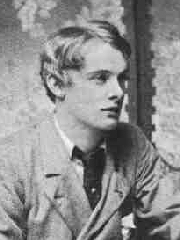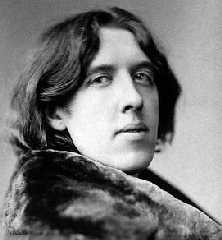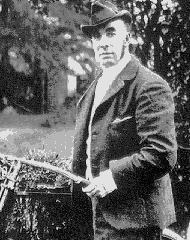×

Alfred Douglas |

|

Queensberry |
You have been selected as a juror in the fourth trial of Oscar Wilde.
After hearing summations from Wilde’s prosecutor and his defense attorney,
you will be called upon to render your verdict. After the verdict
is returned, there will be an opportunity for you and other members of
the audience to ask questions about the play, about the real trials, or
about how the Wilde trials reshaped societal attitudes towards homosexuality,
effeminacy, and the arts.
| The Charge: Oscar Wilde stands charged with being responsible
for his own downfall, his conviction and imprisonment in 1895.
The Prosecution: The Prosecution will argue that Wilde’s downfall was brought on by his own failings—by weakness, indecision, miscalculation, dishonesty, and arrogance. The Defense: The Defense will argue that late-Victorian English society, with its intolerance of individuality, homophobia, and fascination with celebrity, is to blame for Wilde’s downfall--not Wilde himself. Stipulations: For purposes of this trial, the Prosecution and
Defense have stipulated to the following facts:
Trial Format: The prosecutor, law professor Doug Linder, will present the case for a verdict of “guilty.” Law professor Rob Verchick, Wilde’s defense attorney, will then argue for a verdict of “not guilty.” The prosecutor will close with a response to the arguments of the defense attorney. |